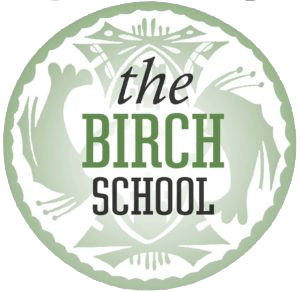Being agile, adaptive, and flexible enables learning environments to be responsive to students. Small communities of students learning together, facilitated by knowledgeable adults are ideal foundries for supporting student-centered growth.
Miroschools are groups of about 50 or fewer students, working with 3 or more adult facilitators. This size allows these schools to organize in already existing spaces. Often microschools occupy shared space, such as church or community buildings. Commercial warehouses and storefronts are sometimes used as well.
Usually microschools offer a hybrid learning approach, using online adaptive tools as well as in-person, hands-on experiences in groups. The schedule also allows time for students to spend on individually identified projects or curriculum that is specific to that child. Often students find other students in the learning community interested in similar things, and they are encouraged to team up for some of their learning.
Microschools allow parents to have more involvement in their children’s learning. They can help select tools, and have opportunities to see the learning in authentic applications. More frequent communication with learning facilitators and access to learning management tools allow parents to help guide their students toward successful learning experiences. Many parents truly appreciate participating in their child’s learning in ways not available in conventional school environments.

Microschools can also adapt locally. Place-based education is being recognized as more important than ever in today’s world. A small, local school can be extremely responsive to the immediate environment. Opportunities to connect classroom learning with the activities of the local community is an important benefit of a microschool situation. Often microschool students visit public playgrounds and parks, taking advantage of already existing publicly accessible community infrastructure. Recognizing this as an advantage, many microschools give back to the local community in service projects, maintenance and offering free publicly open programmings regularly.
A microschool is built on a scale that encourages Relationships as the basic foundation of community. The smooth functioning of the daily learning depends on the multi-dimensional relationships students can develop with each other and with teachers and mentors. School should be about taking risks. In a supportive community students can take risks more readily, and this allows students to stretch beyond what is comfortable.
